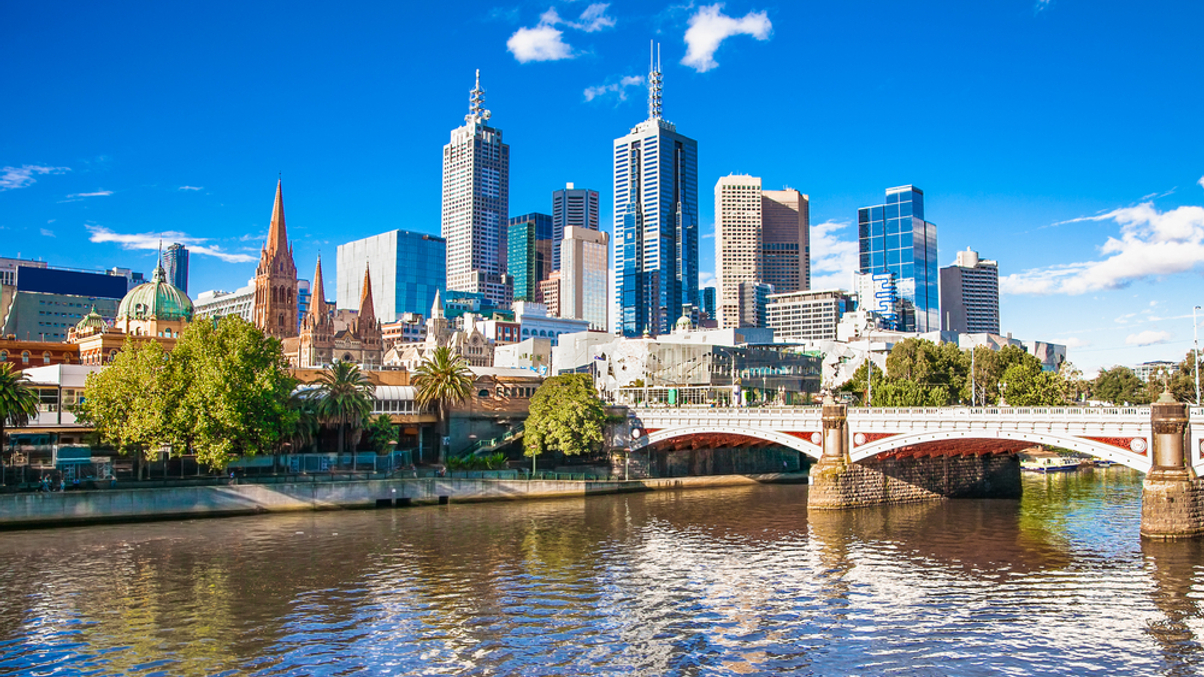Future Fund's toll road deal shows desire for more local currency plays
This is the fund’s first direct investment in an Australian toll road, but indications are that it won’t be the last.

Australia’s Future Fund has acquired a domestic toll road asset from the New Zealand Super Fund in a shift of ownership from one Pacific sovereign wealth fund to another.
Sign in to read on!
Registered users get 2 free articles in 30 days.
Subscribers have full unlimited access to AsianInvestor
Not signed up? New users get 2 free articles per month, plus a 7-day unlimited free trial.
¬ Haymarket Media Limited. All rights reserved.


